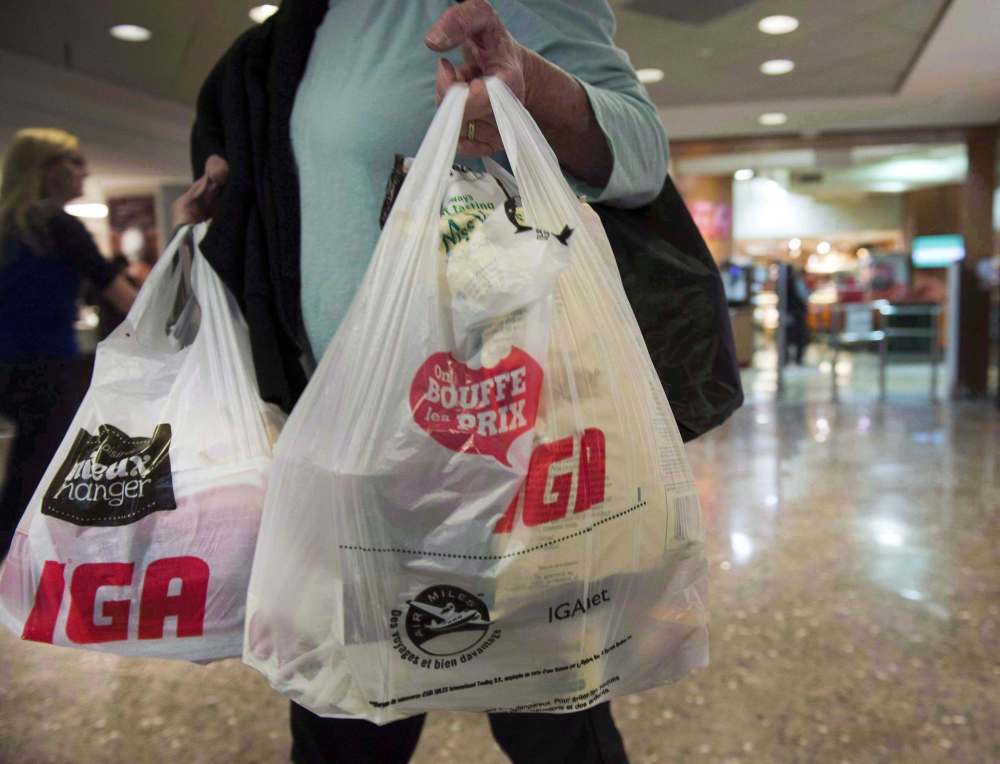Criticism of the poor built on ignorance
Advertisement
Read this article for free:
or
Already have an account? Log in here »
To continue reading, please subscribe:
Monthly Digital Subscription
$19 $0 for the first 4 weeks*
- Enjoy unlimited reading on winnipegfreepress.com
- Read the E-Edition, our digital replica newspaper
- Access News Break, our award-winning app
- Play interactive puzzles
*No charge for 4 weeks then billed as $19 every four weeks (new subscribers and qualified returning subscribers only). Cancel anytime.
Read unlimited articles for free today:
or
Already have an account? Log in here »
Hey there, time traveller!
This article was published 13/07/2016 (2841 days ago), so information in it may no longer be current.
OTTAWA — A story in Thursday’s Free Press about the new Canada Child Benefit (Child benefit a godsend for poor, July 14) generated what has become all-too-typical feedback about social assistance recipients and government handouts.
The emails, comments and Facebook posts denouncing people on social assistance as lazy were fast and furious: they sit around all day and do nothing; their kids wear designer clothes and have iPhones; they drink and smoke and get everything for free. So where is their incentive to get a job?
One woman was so intent on judging she didn’t even bother to read the story properly, and accused the woman profiled of not even trying to work while her son with diabetes was at school. The boy has cognitive disabilities — not diabetes — and the mother’s attempts to find work that paid enough to afford the specialized care he needs failed. But thanks, lady, for your input. Much appreciated.

The comments — some went as far as to suggest women on welfare be sterilized — featured a litany of misinformation.
Fact No. 1: Poor people do not drink more than people in higher social classes. In fact, the Canadian Survey on Household Spending done by Statistics Canada found four in 10 people in the bottom 20 per cent of incomes in Canada didn’t spend anything on booze. Not one nickel. Those who did spent an average of $289 a year. That’s maybe two bottles of wine a month. But sure — let’s just concern ourselves about all of “our” money people on welfare are wasting on booze. (For the record, Canadians in the top 20 per cent of incomes spent almost six times more than that on booze, and fewer than one in 10 in that higher income bracket didn’t buy liquor at all.)
But what about cigarettes? Surely the poor smoke like chimneys, n’est-ce pas?
Fact No. 2: Nope.
Canadians with the lowest incomes have about the same smoking rate as those in higher incomes — about 30 per cent. The poorest Canadians who do smoke also buy fewer cigarettes, about three cartons a year. Middle-income Canadians bought almost seven cartons a year, on average.
But, but, but… I hear the buts coming, so bring ’em on.
If we give poor people more money (with the Canada Child Benefit, for example) they’re just going to go out and buy more liquor and smokes.
Well guess what? Fact No. 3 three: they do not.
Study after study has debunked this claim. Kate Kehler, executive director of the Social Planning Council of Winnipeg, says when you give poor people money and allow them to decide how to spend it, the vast majority make good decisions. They spend it on things such as more and better food, improving their living situation or paying for things for their kids.
The World Bank in 2014 did a study that found, across 19 countries in Asia, Latin America and Africa, cash-transfer programs for the poor did not result in an increase in spending on liquor and cigarettes. Some spent it on restaurant meals and chocolate. Oh, the horror!
In May, the journal Pediatrics reported the results of a prenatal benefit for low-income women in Manitoba. Women who make less than $32,000 a year were given a monthly supplement of up to $81.41 a month. Over a period of seven years, the outcomes for babies born to women in the program versus low-income women not receiving the benefit was clear. Their babies were less likely to have low birth weights or be born premature. Both are main markers of newborn and prenatal health.
Why? Because the women used the supplement to buy better food while they were pregnant.
Almost one in every three kids in Manitoba lives in poverty. Nationally it’s about one in five. That means they don’t always know where or when their next meal will be. As they grow up, they are less healthy than their wealthier peers, their education outcomes are lower and the odds they’ll come into contact with the justice system are higher.
All of that makes poverty expensive. It’s not because “your” money is sent to the poor so they can buy Skittles and beer. The World Health Organization calls poverty the No. 1 determinant of health. Estimates suggest poverty alone accounts for more than $7.6 billion in health-care spending in Canada every year.
One of the best ways to counter that is to help the poor eat better. You know what the first thing the woman in Thursday’s story said she wanted to do with the extra money she’ll be getting? Buy better food.
Do you really begrudge her and her kids that?
Mia Rabson is the Winnipeg Free Press parliamentary bureau chief.
mia.rabson@freepress.mb.ca
Twitter: @miarabson


